New Releases by Alumni
Ethicist WILLIAM F. MAY ’48 argues that the biblical idea of a covenant, which binds a people together for the common good, offers a more promising way to deal with national problems than the more self-centered language of contract. In Testing the National Covenant: Fears and Appetites in American Politics (Georgetown University Press), May, a senior fellow at the University of Virginia’s Institute of Practical Ethics and Public Life, lays out how this approach can sustain our national identity and address problems such as national security, immigration, and the economy.
A critic for The Washington Post called JANE HIRSHFIELD ’73’s seventh collection of poetry, Come, Thief (Knopf), “vibrant” and wrote, “Hirshfield’s verse involves a deepening attention to every aspect of human experience, from the dailiness of our lives to the most ineffable moments.”
In Living “Illegal”: The Human Face of Unauthorized Immigration (The New Press), MARIE FRIEDMANN MARQUARDT ’94, Timothy J. Steigenga, Philip J. Williams, and Manual A. Vásquez shed light on the daily lives of and challenges faced by unauthorized immigrants in America and explore the tensions that can arise in communities. Marquardt teaches religious studies, sociology, and women’s studies at Agnes Scott College in Decatur, Ga.
Filmmaker Carl Colby, the son of WILLIAM COLBY ’40, explores his father’s life in the documentary The Man Nobody Knew: In Search of My Father, C.I.A. Spymaster William Colby. Director of the C.I.A. from 1973 to 1976, William Colby was an officer in the Office of Strategic Services during World War II and led covert operations around the world. He died in 1996.


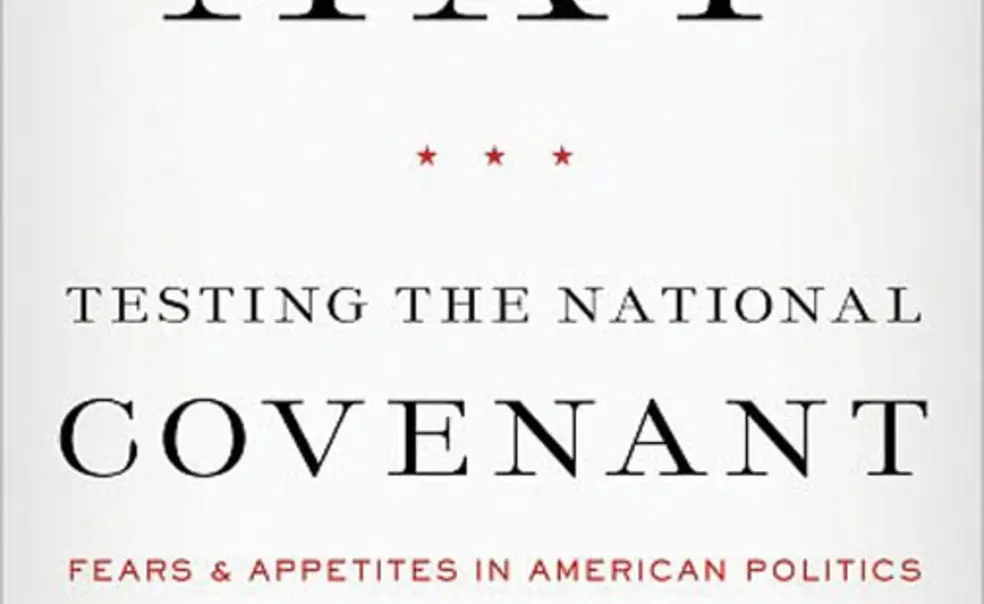
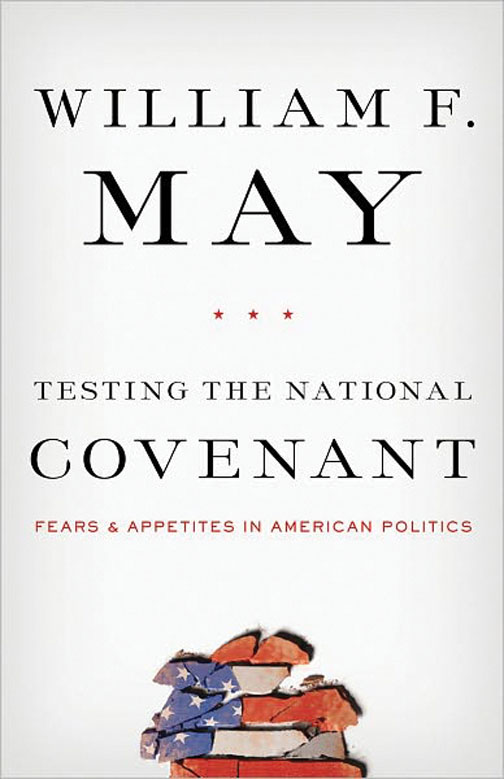
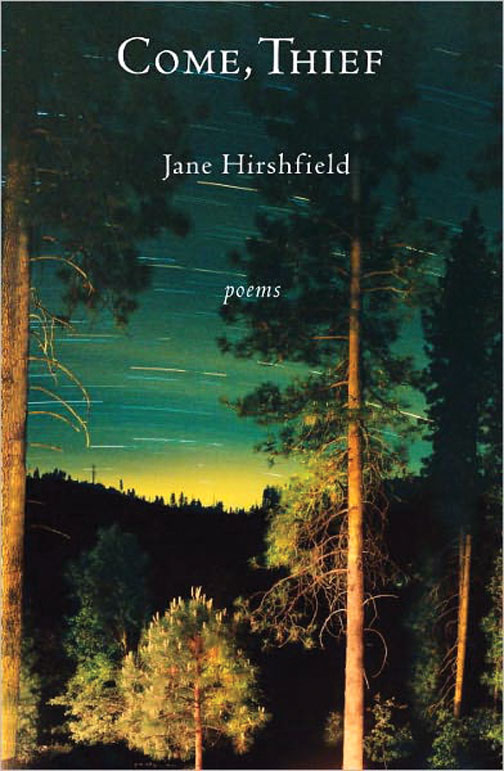
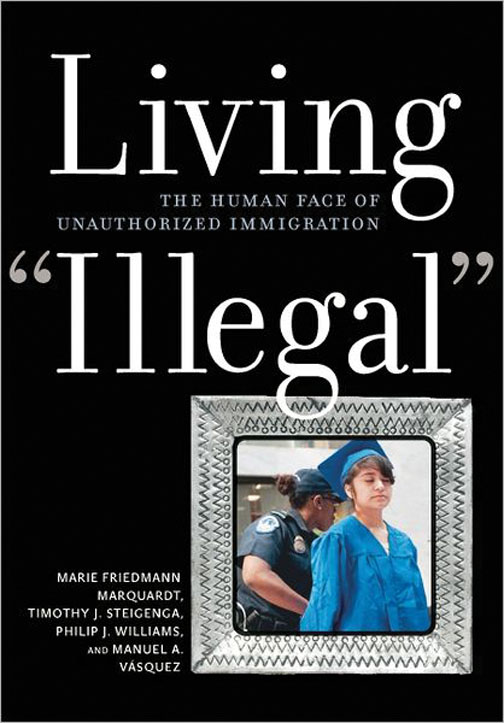
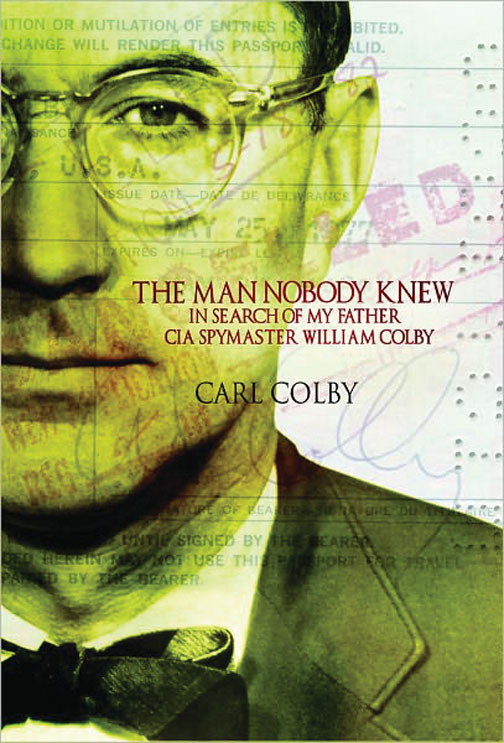









No responses yet